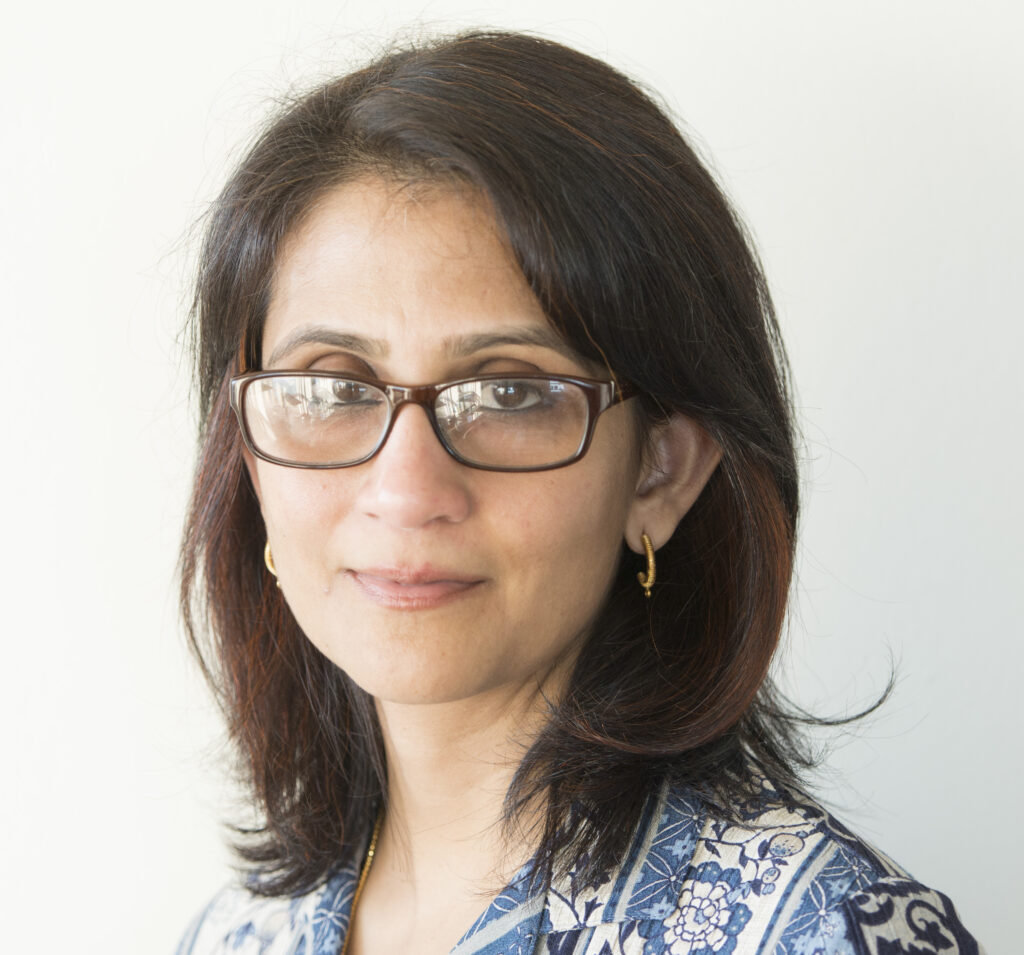Former FCC CTO Monisha Ghosh Joins ND Wireless Institute
August 31, 2021
Engineering at the University of Notre Dame
Dr. Monisha Ghosh will be joining the University of Notre Dame as a Professor of Electrical Engineering and the newest member of the Wireless Institute in the College of Engineering in January 2022. Since January 2020, she was Chief Technology Officer (CTO) at the Federal Communications Commission (FCC), becoming the first woman to hold this position. Since 2015, Ghosh has also been serving as Research Professor at the University of Chicago, with a joint appointment at Argonne National Laboratories.
“Monisha has been a colleague and collaborator of ND Wireless for many years,” said Co-Director J. Nicholas Laneman. “We are truly excited for her to join our team, strengthen our research and educational efforts, and enhance our impact on radio technologies and spectrum policy at the national level.”
In her role at the FCC, Ghosh reported directly to the Chairman and was closely involved with setting national strategy and specifications related to the explosive growth of broadband wireless communications technologies. These proceedings have included crafting rules and technology implementation for the 6 GHz unlicensed bands as well as developing national protocols for the standardized measurement of broadband signals. While at NSF, she managed wireless networking research and initiated one of the first large-scale programs targeting applications of machine learning to wireless networks.
Prior to joining the University of Chicago, Ghosh worked extensively in industrial research and development at Interdigital, Philips Research, and Bell Laboratories. received a Ph.D. in Electrical Engineering from the University of Southern California in 1991, and her B. Tech from the Indian Institute of Technology, Kharagpur in 1986. She is a Fellow of the IEEE and has over 77 scientific publications and 70 patents.
Her current research is focused on wireless technologies for 5G cellular, next-generation Wi-Fi systems, and the IoT, with a particular emphasis on coexistence and spectrum sharing with incumbents like federal systems and weather satellites. She is also working on developing better tools and methodologies to map and predict broadband network performance, especially in the newly deployed 5G cellular systems in the mmWave spectrum, because understanding the performance of networks today is crucial to developing better networks for the future.
“Monisha’s regulatory and federal government expertise combined with her technical expertise in the domain of wireless communications will be an invaluable addition to the Wireless Institute, the Department of Electrical Engineering, and Notre Dame,” said Co-Director Bert Hochwald. “Her knowledge of the field of wireless coexistence will be relevant for years to come as the battle for use of the radio-frequency spectrum becomes increasingly contested between commercial, defense, and non-traditional entrants.”
Reflecting and looking ahead, Ghosh explains, “I have been fortunate to have worked in industry, academia, and government so I have a balanced idea of the technology and innovation needs as well as regulations and use cases. One of my main goals at ND is to collaborate closely with industry partners and government agencies to make sure that the innovations developed here can have an impact beyond academia.” In addition to technical and policy contributions, Ghosh is also committed to developing a diverse workforce that can address the changing needs of network connectivity research, for example using machine learning approaches based on real-world data-sets to better address optimization of our increasingly complex networks. “ND provides an excellent ecosystem to accomplish these broader goals. My recent experience in broadband mapping has revealed differences in broadband availability and service between communities. Quantifying these differences is a first step towards addressing them with technology and regulations.”

